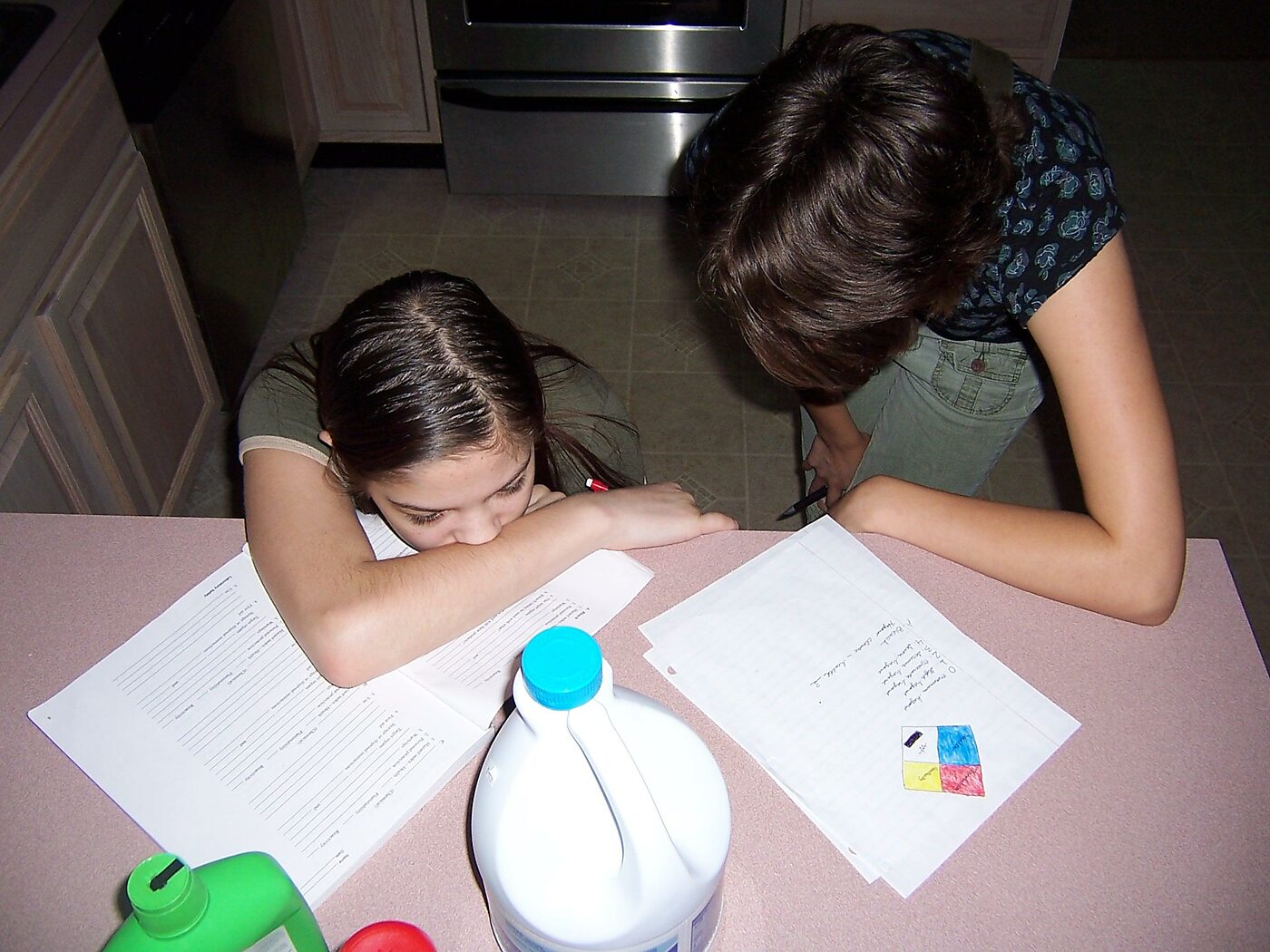Cato’s Center for Educational Freedom has been thinking hard about the coronavirus and its impact on our education system. Here’s a quick roundup of our work furnishing suggestions and resources for the suddenly homeschooling and grappling with the education policy implications of the coronavirus lockdown.
Help for the Newly Homeschooling
Homeschooling During the COVID-19 Pandemic
Homeschooling expert Kerry McDonald recorded a three-part Cato Daily Podcast series on homeschooling and the coronavirus. All three episodes are embedded in this blog post, which also summarizes each episode’s theme. McDonald differentiates coronavirus-forced virtual schooling from richer, full homeschooling, discusses the potential benefits of an education system with suddenly relaxed regulations, and explores the benefits for homeschooling of expanding school choice initiatives.
Beating the COVID-19 Education Disruption: Answering YOUR Questions
Here a panel of homeschooling and education policy experts answer questions from people newly confronted with schooling at home. They tackle everything from having unstructured time, to delivering education to your kids even if you think your education is not good enough.
I Homeschool My Kids. Here Are 6 Ideas For Parents While Schools Are Closed
There are many steps parents can take to make educating their kids at home a rewarding experience:
1. Avoid replicating school at home
2. Prioritize play and unstructured time
3. Use online learning resources
4. Encourage virtual playdates
5. Embrace family time
6. Make room for reflection
Policy
COVID-19 proves educational system too rigid
Fears of some children falling behind as everyone moves education online are totally understandable. The consequences for those who fall behind would be less dire if we had an education system that did not essentially require us to batch process kids based largely on their age.
Individualism hasn’t failed us
The New York Daily News published an article titled “American individualism has failed epically: The hard lesson of the coronavirus crisis.” The piece essentially blamed American “individualism” for putting profiteering ahead of caring. But the evidence, with a special spotlight on education, destroys their case.
Two Coronavirus Education Pauses That Make Sense
Since many student loan borrowers will have trouble repaying their loans given the coronavirus, the government should implement a simple repayment pause. It should not implement broad forgiveness. It also makes sense for the federal government to waive state testing requirements at the K‑12 level.
How California’s school system can adapt to coronavirus
California essentially jumped to a 100% K‑12 homeschooling population as a consequence of the coronavirus. Most school districts are providing educational services virtually. However, families also have the ability to opt for virtual charter schools that have been providing tuition-free online learning to children for decades.
School Choice Will Help Us Respond to Coronavirus
The American education system is fairly well equipped to respond to the coronavirus because it is decentralized and we have given room to alternative education models. Districts could respond to COVID-19 according to unique local circumstances, and having options such as charter, private, and homeschooling have helped to develop multiple ways of delivering education, including virtual.

